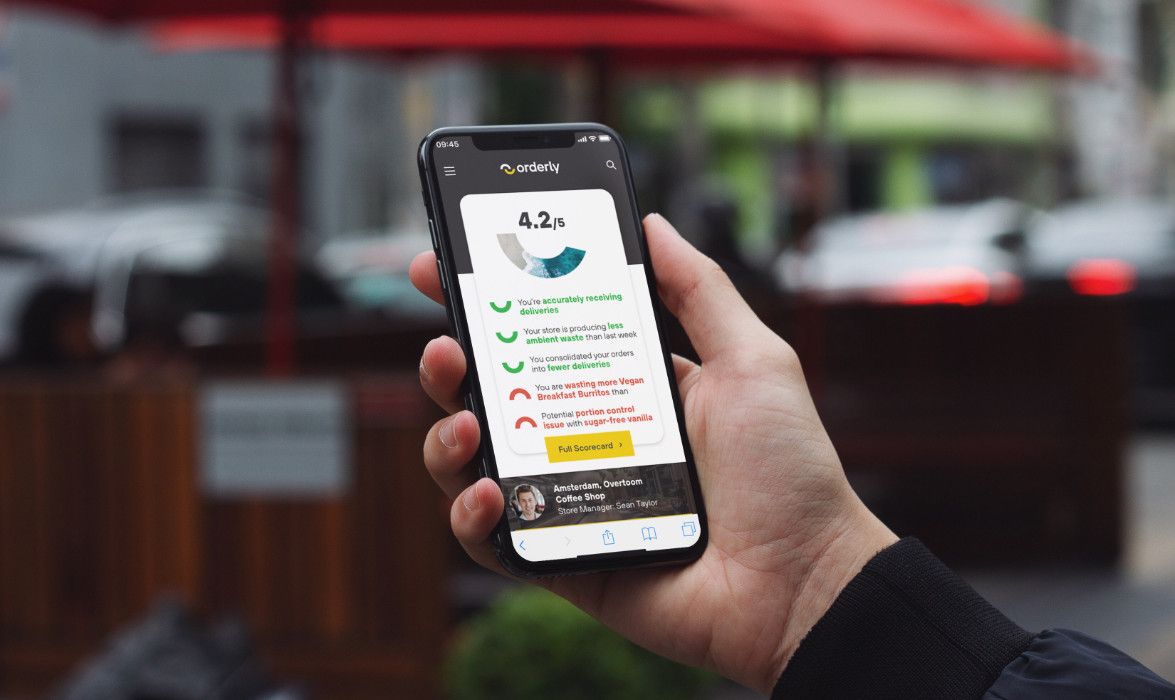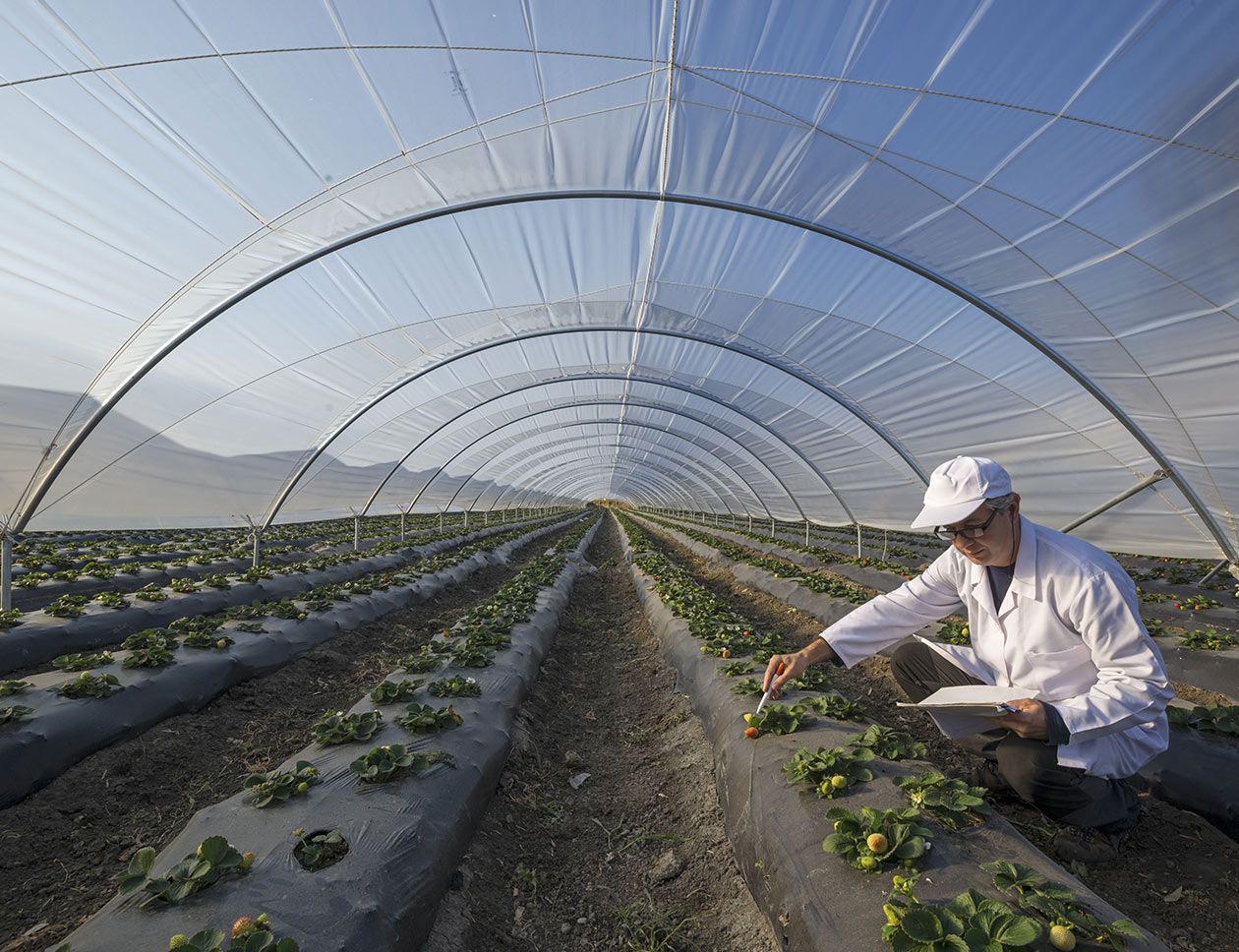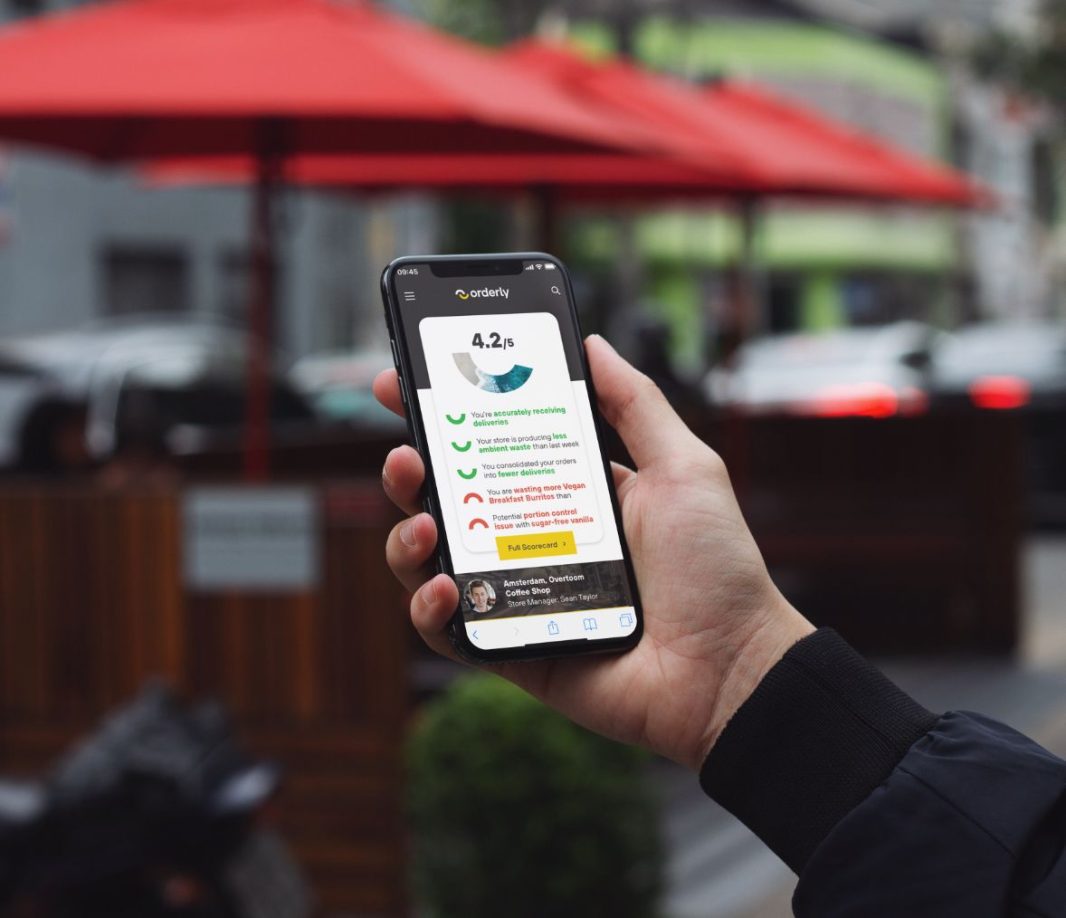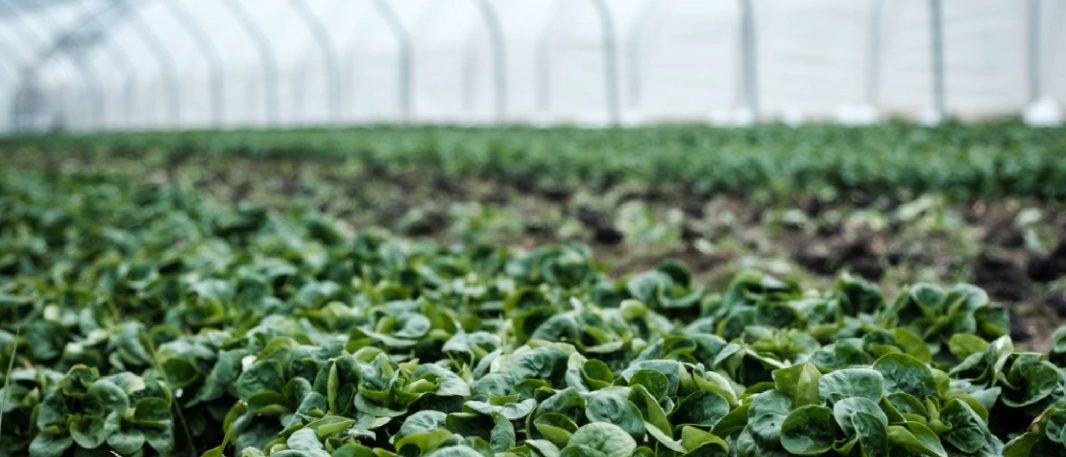Very recently the Wall Street Journal updated their list of the 100 most sustainability-focused companies in the world. Notice anything about that list? The food industry is grossly underrepresented.
There are a few reasons for this. With a system designed around commodification, excess and large scale processing — transparency is hard to find. Couple that with many food companies deeming supply chain as part of their competitive advantage and differentiator, they are not overly forthcoming to explain too much about what happens inside it.
The Food Industry Isn’t Known for Transparency
Food companies, in general, have never been overly transparent about their supply chains and activities. Due to the breadth and commodification of the food supply business, for many companies, their customer’s perception of their supply chain is their only advantage and they are therefore understandably opaque about it.
It is important not to tar all brands with the same brush here — the list of B-Corp Certified Food and Beverage companies is ever-growing. The list doesn’t just include startups, but enterprise brands such as Ben & Jerry’s and many Danone food and beverage brands (which make up the largest B-Corp in the world). Enterprises realise customers are interested in brands that balance profit with purpose — something that was made evident with Nestle’s recent acquisition of Mindful Chef.

Companies need to change the mindsets of all individuals in their organisation to become more sustainable. They need to set up CSR training initiatives for all individuals in their organisation (particularly those that interact with supply chains) and find a way to measure and hold them to account to their organisational, transformational sustainability goals.
Failure to do this will result in customers voting for their feet. Customers say they want more sustainable products — now they have the receipts to prove it. What’s more, customer sights on corporate sustainability have only increased since COVID-19.
How Orderly Helps

The Orderly Scorecard uses AI recommendations to suggest ways to reduce waste and increase sustainability to every stakeholder in your supply chain.
- Three things the manager is doing very well to reduce waste,
- Two things they should keep doing, and
- One improvement consideration
Recommendations and scores are generated weekly — if each person makes just a small change to their behaviour the benefits over time to your organisation will be exponential.
Unlike commonly available applications, the Orderly scorecard has not been designed to help you dispose of unwanted waste or inventory — it helps you identify and mitigate against the root causes of waste, and the detrimental effects to the environment that it creates. Getting to the root cause of the issue.
The scorecard interacts with a range of data sources (not just other Orderly supply chain management products) and can make a meaningful difference to your organisation whilst allowing you to transparently report improvements in sustainability generated by the scorecards. Win-win.
Want to learn more?
We’d love to give you a demo of the scorecard in action.







